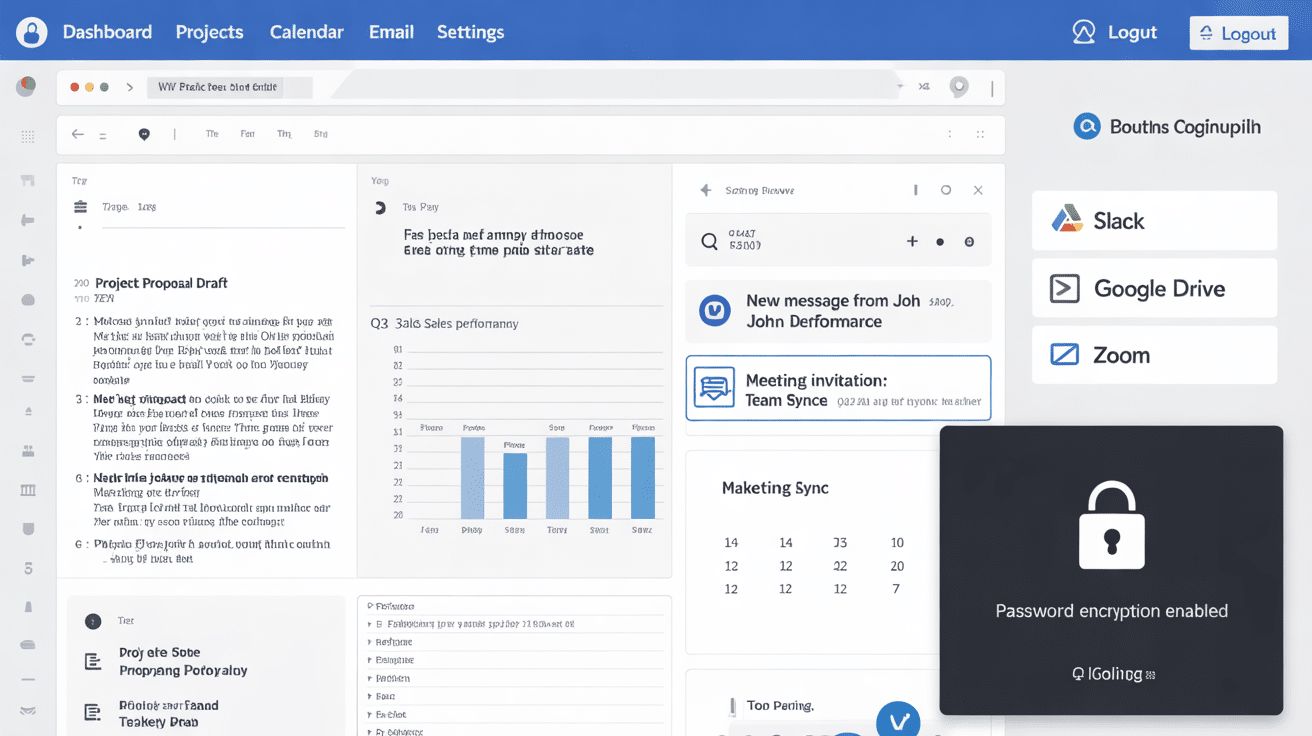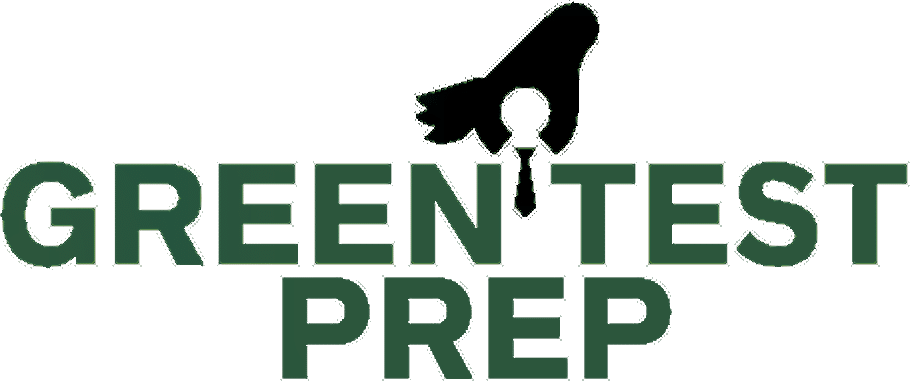Functional skills are essential abilities that enable individuals to navigate personal, educational, and professional environments effectively.
These skills, such as communication, problem-solving, time management, and teamwork, are foundational for everyday tasks and play a crucial role in achieving success in the workplace.
In a rapidly changing job market, employers increasingly seek candidates who possess a strong set of functional skills, as they demonstrate adaptability and reliability.
If you are managing finances, collaborating on a team project, or solving problems, these skills are vital.
Highlighting functional skills on a resume not only boosts your employability but also shows that you can contribute meaningfully to an organization, making them essential for career development and advancement.
Functional Skills vs Soft Skills
Functional skills are often mistaken for soft skills, but they differ fundamentally and yield distinct outcomes.
- Functional skills are task-specific abilities; soft skills focus on interpersonal and emotional intelligence.
- Functional skills are measurable and teachable; soft skills are often personality-driven and harder to quantify.
- Functional skills include literacy, numeracy, and digital skills; soft skills include teamwork, empathy, and adaptability.
- Functional skills directly support job tasks; soft skills enhance workplace relationships and communication.
- Functional skills are often technical; soft skills are behavioral and relate to personal interaction.
Examples of Functional Skills
Here are the examples that highlight the essential abilities you can showcase on your resume or develop further to enhance your career prospects:
English Functional Skills

1. Reading Workplace Instructions
This skill involves being able to read and fully comprehend written materials used in the workplace. It ensures you can follow procedures, meet quality standards, and maintain safety.
Whether it’s an equipment manual, company handbook, or safety poster, understanding the content accurately helps avoid mistakes and ensures compliance with workplace policies and legal requirements.
2. Writing Professional Emails
Effective workplace communication often depends on professional email writing. This skill means structuring messages logically, using proper grammar, and getting to the point without unnecessary details.
Clear emails help prevent misunderstandings, maintain professionalism, and improve work efficiency.
It’s particularly valuable when communicating with clients, colleagues, or management, ensuring your intended message is both understood and respected.
3. Creating Reports or Proposals
This skill involves presenting information in a well-organized format so it’s easy for readers to follow.
Reports and proposals often need headings, bullet points, and clear language to highlight key points.
Being able to compile relevant data, structure ideas logically, and write in a professional tone helps decision-makers quickly understand your message and act upon it.
4. Proofreading Documents
Proofreading is the final check that ensures written materials are error-free before they’re shared or published.
This skill helps maintain professionalism and credibility by catching mistakes in grammar, spelling, and punctuation.
It also improves clarity, ensuring the intended meaning is not lost due to errors. Good proofreading prevents costly misunderstandings and strengthens workplace communication.
5. Listening and Summarizing
Active listening ensures you fully understand spoken directions and can carry them out effectively.
This involves paying attention, asking clarifying questions, and noting important details.
Being able to summarize instructions accurately helps avoid mistakes, saves time, and ensures everyone is on the same page. It’s an essential skill for teamwork, training, and customer service.
6. Presenting Ideas Clearly
Being able to present ideas clearly is essential for influencing decisions and sharing knowledge.
This skill involves speaking confidently, structuring your points logically, and engaging your audience.
Whether delivering a project update or leading a training session, clear presentation skills help ensure your message is understood, encourage participation, and improve collaboration in the workplace.
Mathematics Functional Skills

7. Basic Arithmetic
Basic arithmetic is a core skill for quick calculations in everyday work situations.
Whether adding up totals, working out quantities, or splitting costs, being able to do these calculations without relying on a calculator improves efficiency.
It also supports better decision-making in time-sensitive situations, where accuracy and speed are equally important.
8. Calculating Percentages and Ratios
Percentages, ratios, and proportions are often used in sales, budgeting, cooking, and construction. This skill helps you scale quantities, compare values, and interpret data.
Whether calculating discounts, mixing ingredients, or analyzing performance metrics, understanding these concepts ensures accurate results and supports better planning and resource management in the workplace.
9. Interpreting Charts and Graphs
This skill involves understanding visual data representations to identify trends, patterns, and relationships.
Being able to read charts and tables correctly allows you to make informed decisions quickly. It’s widely used in business reports, project tracking, and quality control.
Accurate analysis ensures you’re basing decisions on solid evidence rather than guesswork.
10. Budgeting and Forecasting
Budgeting skills help you allocate resources effectively, ensuring projects stay within financial limits.
Forecasting goes a step further by predicting future costs based on current data. Together, they support better planning, prevent overspending, and keep projects financially viable.
This skill is valuable in industries ranging from construction to event planning.
11. Measuring Distances and Volumes
Accurate measurement is crucial in fields like construction, manufacturing, catering, and logistics. This skill ensures that materials, ingredients, or products meet the required specifications.
Using the correct tools and units of measurement helps avoid waste, improve quality control, and meet safety standards.
Precision in measurement is often directly linked to product quality and efficiency.
12. Estimating Quantities and Resources
Estimation skills allow you to predict how much time, money, or material will be required for a job. This helps in planning, budgeting, and resource allocation.
While not as exact as precise measurements, accurate estimates can save time and help avoid delays by ensuring you have what’s needed before starting a project.
ICT/Digital Functional Skills

13. Creating and Formatting Documents
This skill involves producing professional documents with proper formatting, including headings, bullet points, tables, and images.
Knowing how to use features like spell check, styles, and page layout helps you create clear, polished work.
These abilities are essential for preparing reports, letters, and proposals in a professional environment.
14. Using Spreadsheets and Formulas
Spreadsheets are powerful tools for organizing data and performing calculations.
This skill includes entering data accurately, using formulas like SUM or AVERAGE, and creating basic charts. Spreadsheets help track budgets, manage inventories, and analyze trends.
Knowing how to interpret and manipulate data improves efficiency and supports informed decision-making.
15. Preparing Presentations
Creating engaging presentations involves using visuals, bullet points, and a logical flow to communicate ideas clearly.
This skill also includes designing slides that support your speech without overwhelming the audience.
Whether pitching a product, giving training, or presenting results, effective presentations improve understanding and keep the audience engaged.
16. Managing Emails and Calendars
Email management involves more than just writing messages. It includes attaching files, setting up meetings via calendar invites, and keeping your inbox organized.
This skill helps maintain professional communication, ensures important messages aren’t missed, and supports time management through proper scheduling.
17. Practicing Digital Safety
Digital safety skills protect both personal and workplace information. This includes creating strong passwords, using two-factor authentication, and recognizing suspicious emails or links.
Staying aware of cybersecurity risks reduces the chance of data breaches, protects sensitive information, and maintains trust in both professional and personal contexts.
Conclusion
Functional skills are vital for both personal and professional growth.
Whether it is effective communication, problem-solving, or adaptability, these skills enable individuals to meet the demands of today’s constantly changing job market.
By understanding and developing these abilities, you not only improve your job performance but also enhance your overall career prospects.
Highlighting these skills on your resume can make you a more attractive candidate to employers.
Continually refining your functional skills ensures long-term success and positions you for continuous learning and development throughout your career.












